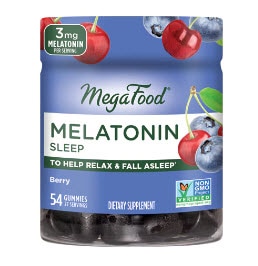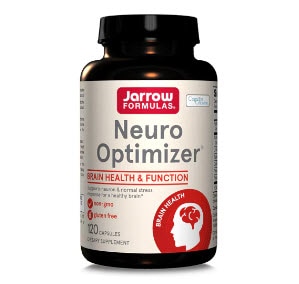Athletes train for marathons and triathlons. Doctors and nurses train to work as health care providers. Chefs train to become culinary standouts.
So, why shouldn’t we train our brains for peak performance? The field of “brain training” has grown in recent years. However, some experts remain skeptical about whether brain training truly helps preserve cognitive functions.

Brain training “has attracted controversy as commercial companies have heavily marketed brain training products that aren’t necessarily backed by science,” says the American Psychological Association. “But some researchers believe that brain training research does hold promise for developing games that can help people — including older adults who want to keep their memories sharp, athletes who want to improve their performance and other populations.”
Indeed, numerous apps and games aimed at boosting brain power have sprung up. And more are on the way. Harvard Health points out that “there’s not a whole lot of concrete proof” of their effectiveness, though.
So far, brain training — typically in the form of apps or computer games — “has failed to live up to its promises. Brain training has not been targeting the right skills to improve general cognitive abilities,” declares Psychology Today.
Research points to potential benefits of brain training
Despite lingering doubts about braining training, some evidence points to potential benefits. For example:
- A study published in 2019 in The Journals of Gerontology found a group of adults who’d followed a 10-week computerized braining training program processed information more quickly and had better working memory than a group of adults who’d played traditional computer games, according to Harvard Health.
- A study that appeared in 2018 in the journal Medical Science Monitor Basic Research found that healthy adults who played computerized brain training games showed improvement in attention and motor speed. But the researchers noted that more research was needed to determine the games’ long-term effects on other cognitive functions and on different groups (such as elderly people vs. other adults).
- A study published in 2016 in the American Journal of Psychiatry showed that engaging in computerized brain training could boost memory and mood in older adults who experienced mild cognitive impairment. Unfortunately, the training was no longer effective once older adults were diagnosed with dementia.
The role of neuroplasticity in brain training
As it pertains to app- and computer-based brain training, the objective “is to increase neuroplasticity — the brain’s ability to grow and adapt — which is associated with stronger focus and concentration,” according to Cedars-Sinai Medical Center in Los Angeles.
Researchers are constantly pursuing new avenues for boosting neuroplasticity.
For example, researchers at the University of Connecticut’s Center on Aging and its Department of Psychiatry are launching a clinical trial for adults 55 and over who experience long COVID. Participants will play brain-training games on tablets — at home over a six-week span — in a bid to reduce brain fog caused by long COVID.
“If the results of this initial study are promising, we will have the opportunity to disseminate the brain-training exercises more widely and hopefully help more people around the world suffering from post-COVID cognitive symptoms,” says neuropsychologist Dr. Cutter Lindbergh, an assistant professor at UConn’s medical school.
Non-tech methods of promoting brain fitness
While some research demonstrates the potential value of electronic methods of brain training, traditional methods of brain fitness shouldn’t be dismissed. Among them are:
- Moderate or vigorous exercise. This includes walking, running, jogging, dancing, swimming and cycling. Exercise may help ward off ailments like dementia, and may boost memory capabilities and executive functions. Executive functions are higher-level cognitive skills that control and coordinate other cognitive abilities and behaviors, according to the Memory and Aging Center at the University of California, San Francisco.
- Research has shown a positive connection between meditation, including tai chi, and improved attention.
- “A balanced diet filled with essential nutrients like healthy fats, proteins and vitamins plays a vital role in maintaining optimal brain function,” says APEX Brain Centers.
- “Sleep is absolutely instrumental in cognitive function, mental acuity and the ability to concentrate and learn new things,” the American Heart Association says. “REM sleep, or the dreaming phase of sleep, has been shown to enhance learning, memory and emotional well-being.”
On its blog, Wrike, a maker of project management software, cites several other ways to promote brain fitness. Among them are:
- Learning a new language
- Playing a musical instrument
- Reading and writing
- Engaging in problem-solving activities, such as doing crossword puzzles
“Remember, just as physical exercise is essential for maintaining a healthy body, engaging in mental exercises is crucial for maintaining a healthy mind,” Wrike says.



